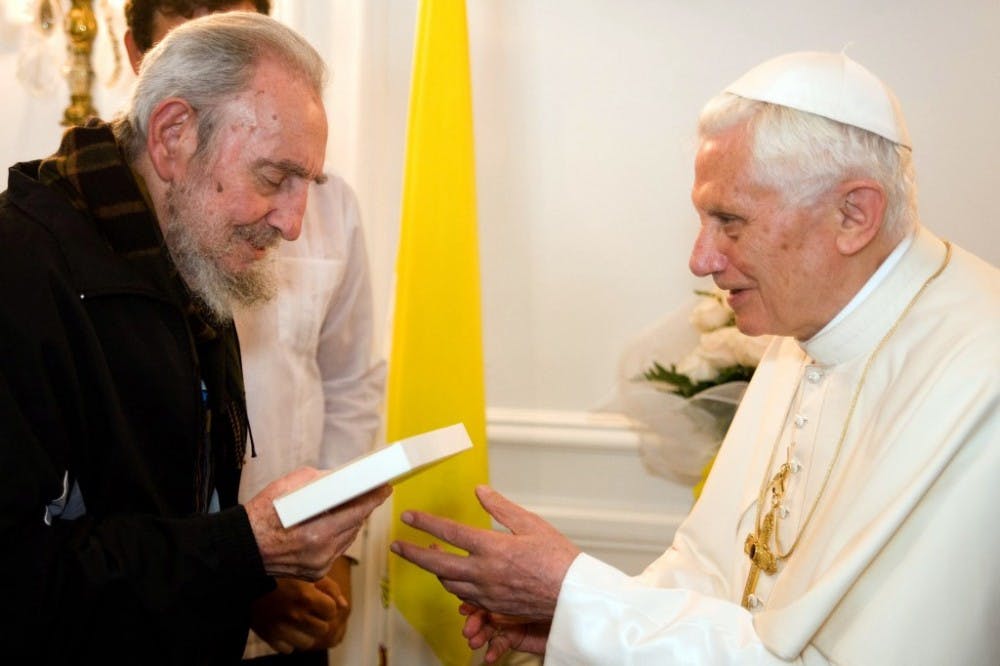Canada says goodbye to the penny
Jim Flaherty, finance minister of Canada, announced March 29 that the country will stop producing and distributing pennies to banks and businesses this fall. The penny costs 1.6 cents to produce, so its elimination will save approximately $11 million Canadian dollars a year. Canadians will be allowed to use previously produced pennies indefinitely, but the government hopes they will turn them in for scrap metal. Cash transactions will be rounded to the nearest nickel as the penny disappears, but all other transactions will still use pennies in their calculations.
American money awarded to Tunisia
The United States announced March 29 they will provide Tunisia with a $100 million dollar grant to pay off its debts to World Banks and other international institutions. Hillary Clinton stated that the grant will allow Tunisia to use its resources on development and jobs, which will help to propel them to democracy.
Discovery of million-year-old fossil opens the door for new research
Archaeologists discovered a 3.4-million-year-old fossil foot in Ethiopia that proves there was another line of species more closely connected to humans than chimpanzees. Before this discovery, the record of fossils for this era in history was limited to “Lucy,” the 3.2-million-year-old skeleton. The foot fossil also shows a different form of mobility existed as well. The species clung solely to the trees and never learned terrain mobility. This fossil opens the door for more research and investigation into this era of prehistoric beings.
French police detain Islamic extremists after a series of deaths
French police detained 19 people suspected of being Islamic extremists March 30. France is starting a crackdown on extremists and promises more raids to come. The raid came on the spur of a series of killings in southern France by a radical Islamist. French president Nicolas Sarkozy did not give any details on the whereabouts of the detainees, what crimes the detainees are suspected of or how the situation will progress.
Pope's visit prompts reinstatement of Good Friday as Cuban holiday
After the Pope Benedict’s recent visit, Cuba has decided to make Good Friday a national holiday for the first time since its revolution in 1959. During Fidel Castro’s reign, all religious holidays were abolished, and the Catholic church has tried to get Good Friday reinstated for many years.
The Pope’s visit left many Cubans feeling more hopeful and positive for future change, according to media sources, and although it is not certain that this holiday will be acknowledged again after this year’s celebration, Cuba hopes this is the first of many movements towards democracy.
Argentina fights with Great Britain over control of Falkland Islands
Argentina has announced a new campaign to win over the natives of the Falklands and to finally try to incorporate the islands into its nation.
Thirty years ago, Argentina went to war for the islands, located 300 miles off the Argentinian coast, but they are currently controlled by the British. In recent months, Argentina has prohibited British vessels from docking on its coastlines and has begun to gain attention and support from neighboring countries in preparation for a take-over.


